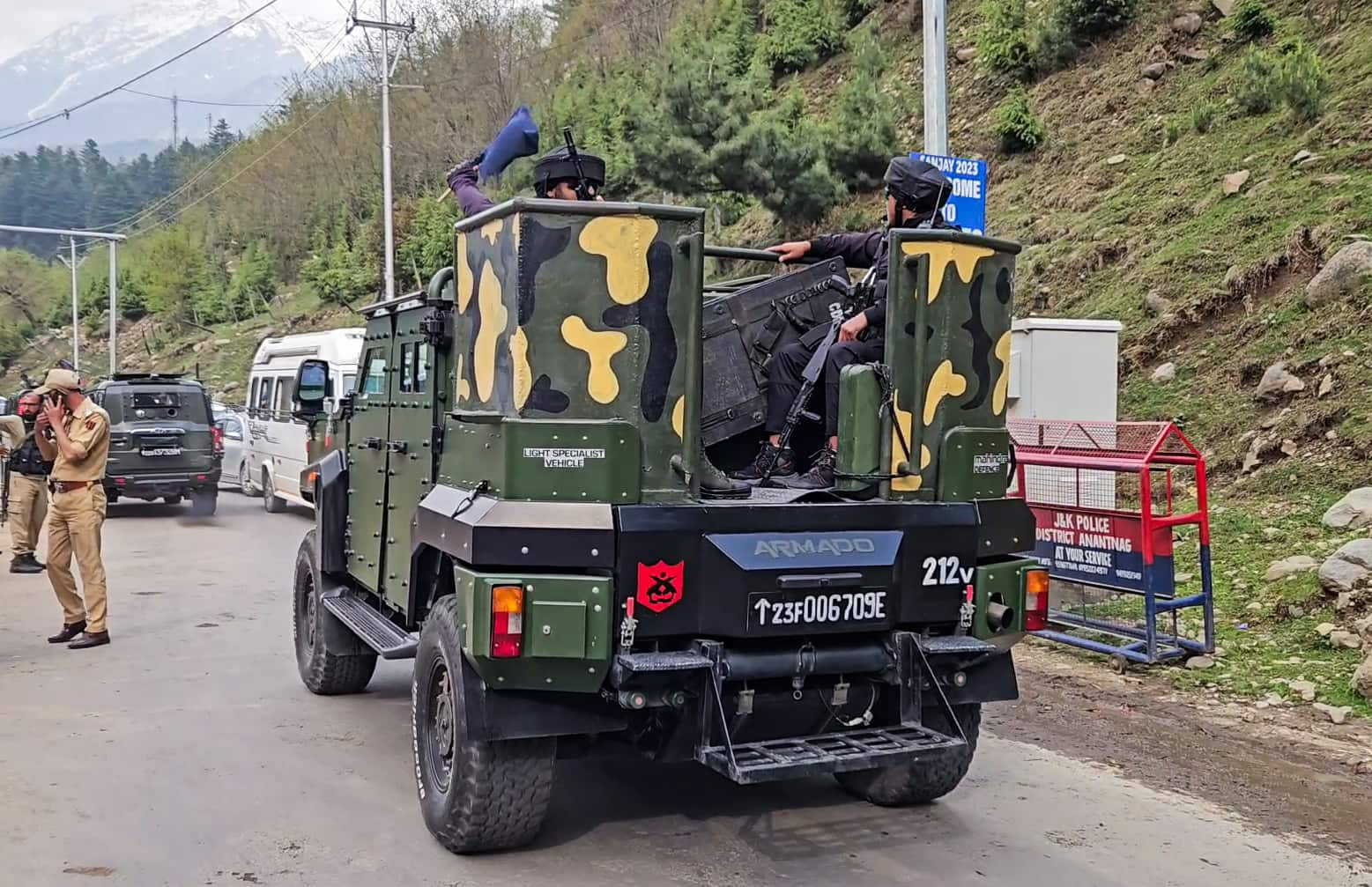Terrorists struck in Pahalgham, a prime tourist location in south Kashmir, on Tuesday, killing multiple people and injuring at least 20.
April 22, 2025. The date will forever be etched in the collective memory as the day terror dared to defile the breathtaking beauty of Baisaran, Pahalgam – India's "Mini Switzerland." What began as a tranquil afternoon amidst verdant slopes swiftly descended into a brutal nightmare as armed terrorists emerged from the shadows of the mountains, their guns shattering the peace and claiming innocent lives. At least 24 souls were lost, inclduing a man from Shimoga, Karnataka, whose vibrant life was extinguished in this senseless act of violence. More than a dozen others lay injured in the remote, forested terrain, their idyllic vacation a desperate fight for survival, with fears mounting of further casualties.
The chilling claim of responsibility by The Resistance Front (TRF), a known proxy nurtured by Pakistan, laid bare the sinister motive behind this atrocity: to sow panic, cripple the burgeoning tourism industry, and ignite the flames of religious discord. Their calculated strike, deliberately targeting Hindu visitors on the cusp of the sacred Amarnath Yatra commencing on July 3, reverberated far beyond the immediate victims, sending a tremor of fear across the nation.
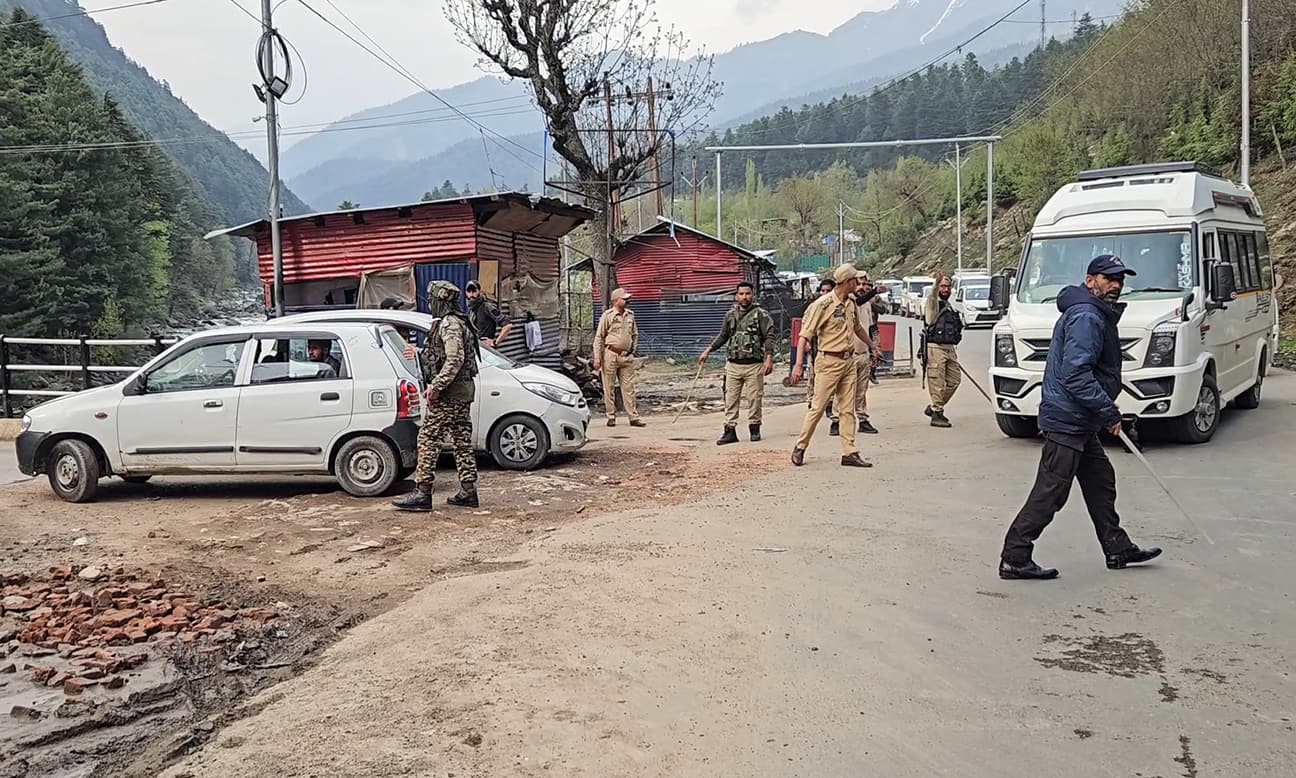
The timing of this barbaric act casts a particularly long shadow, coinciding with the significant visit of U.S. Vice President J.D. Vance to New Delhi. This crucial engagement, aimed at bolstering the strategic partnership between India and the United States across defense and trade, was deliberately overshadowed. Many perceive this attack as a meticulously orchestrated plot to inflict maximum damage on India's global image, a malevolent attempt to undermine its growing international stature.
Pahalgam, once synonymous with pristine beauty and the warm embrace of Kashmiri culture, now echoes with the screams of terror. Its sprawling meadows, the gentle murmur of its rivers, and the majestic embrace of snow-capped peaks have long drawn millions seeking solace and serenity. Beyond its allure as a tourist haven, Pahalgam serves as the sacred gateway to the Amarnath pilgrimage, a testament to its spiritual significance. In 2025 alone, over two crore tourists have been captivated by the charm of Jammu and Kashmir, with Pahalgam holding a special place in their hearts, its tourism sector serving as the lifeblood of the local economy, providing livelihoods and hope to countless families.
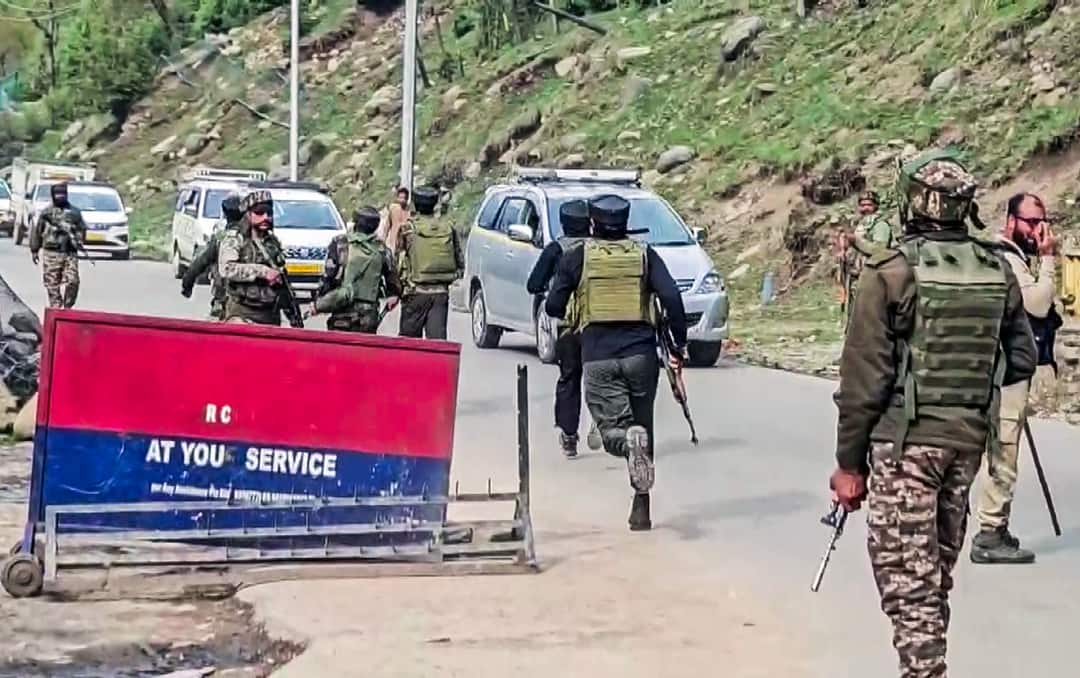
This brutal assault was a direct strike at this very heartbeat. By targeting innocent tourists in such a revered and picturesque location, the terrorists aimed to resurrect the ghosts of the 1990s insurgency, to plunge the region back into an abyss of fear and uncertainty. Harrowing accounts from survivors paint a chilling picture of masked assailants, clad in attire resembling army uniforms, demanding names and religious affiliations before unleashing their deadly barrage. One woman recounted the horrific moment her husband was shot in cold blood after being identified as Hindu, a stark illustration of the attackers' intent to ignite communal tensions and terrorize visitors.
The tragedy that befell Manjunath, a tourist from Shivamogga, Karnataka, encapsulates the sheer cruelty of this attack. His family's peaceful vacation, a cherished escape to the beauty of Kashmir, was shattered in an instant. His wife, Pallavi, a witness to the unimaginable horror, made a desperate plea for the swift return of her husband's remains. Her voice, heavy with inconsolable grief, recounted the brutal reality: "We had come to Kashmir as a family. Around 1:30 PM, while we were at Pahalgam, they opened fire. He died right in front of me. Even now, I can’t believe it. It feels like a bad dream."
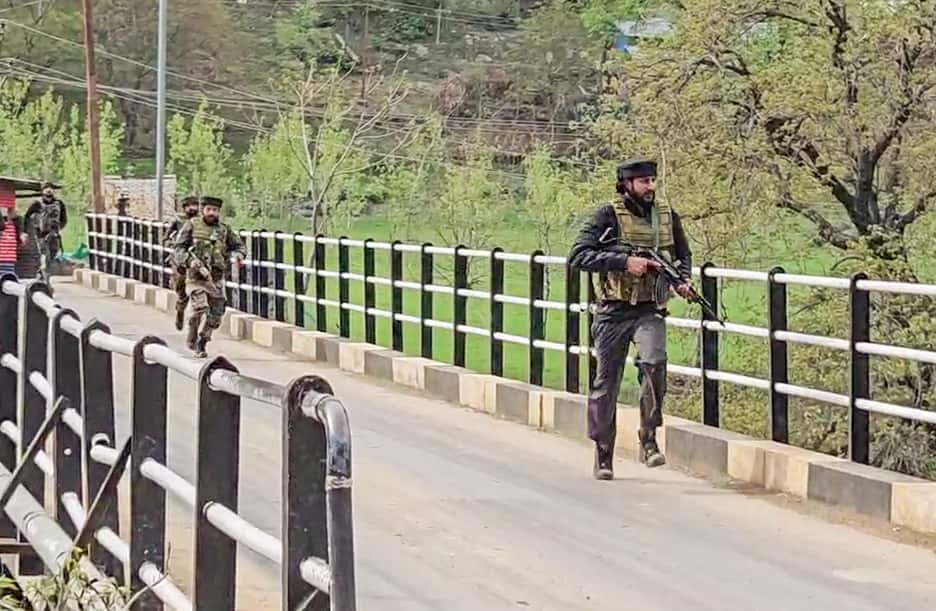
Amidst the terror, glimmers of humanity shone through. Pallavi acknowledged the immediate assistance provided by local residents, stating with gratitude, "Three local men rescued me," suggesting a resilience of compassion that transcends the violence.
Yet, the attack was far from random. Pallavi's chilling words revealed the calculated hatred of the perpetrators: "There were about three to four men. I begged them to kill me too after they shot my husband. But one of them looked at me and said, ‘I won’t kill you. Go tell this to Modi.’” This sinister message, laden with political malice, now echoes across India, a stark testament to the barbarity of the act and the profound pain it has inflicted.
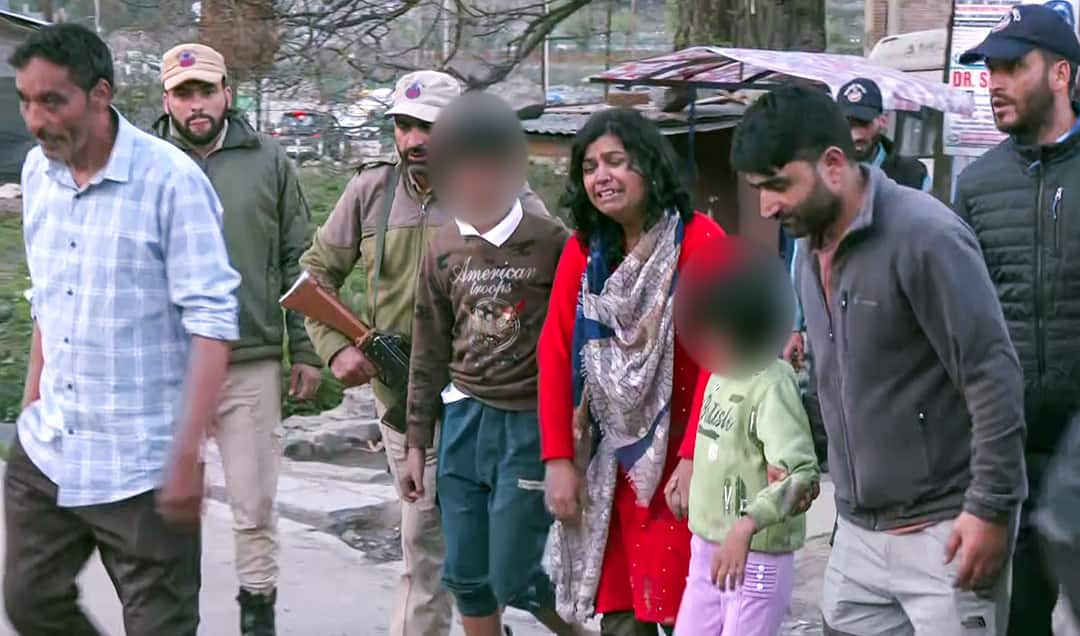
Karnataka Chief Minister Siddaramaiah's swift condemnation and assurance of support underscore the national anguish over this tragedy. Manjunath's journey to Kashmir, a quest to experience its natural splendor reminiscent of his hometown's beauty, tragically culminated in this senseless act. His death has plunged Shimoga into mourning, leaving a community grappling with the agonizing question of why innocent lives are repeatedly sacrificed at the altar of terror.
Manjunath's story transcends individual loss; it pierces the heart of every Indian, exposing the indiscriminate cruelty of terrorism that recognizes no boundaries of language, religion, or region. It is an assault on the very essence of peace, love, and life. Pallavi's haunting plea, "Go tell Modi," has transformed from a terrorist's taunt into a powerful symbol of national grief and outrage, a resounding call for fortified security, swifter responses, and, above all, an end to the relentless cycle of violence that continues to claim innocent lives.
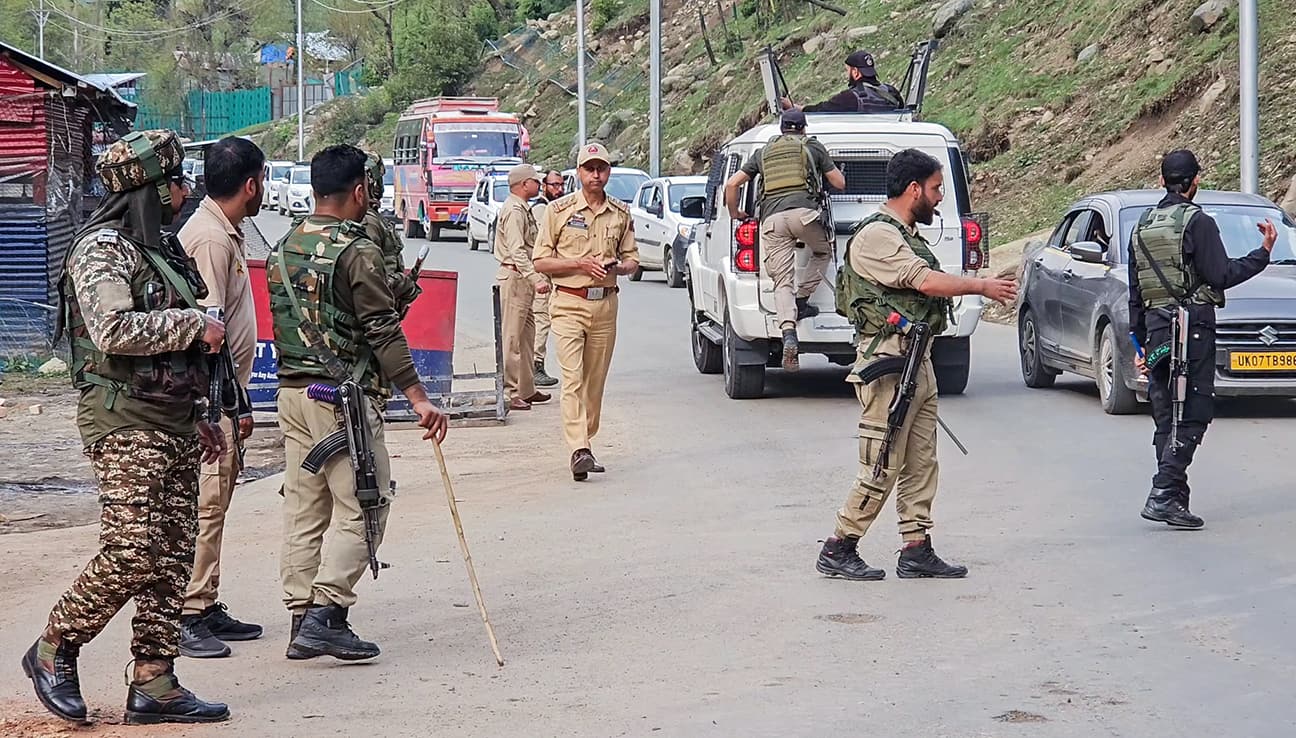
The TRF's claim of responsibility firmly points towards its affiliation with the Lashkar-e-Taiba, a notorious terror outfit nurtured and funded by Pakistan's Inter-Services Intelligence (ISI).These proxy groups are instruments of Pakistan's agenda to destabilize Kashmir and foment unrest within India.lntelligence reports have consistently highlighted the direct command exerted by Pakistan-based leaders like Sajid Jatt over TRF operatives. Their history of targeting Kashmiri Pandits, migrant workers, and now tourists reveals a consistent strategy of instilling fear and exacerbating divisions.
The adoption of deceptive tactics, such as disguising themselves as soldiers, underscores the evolving and insidious nature of these terror groups, demanding an equally adaptive and resolute response.
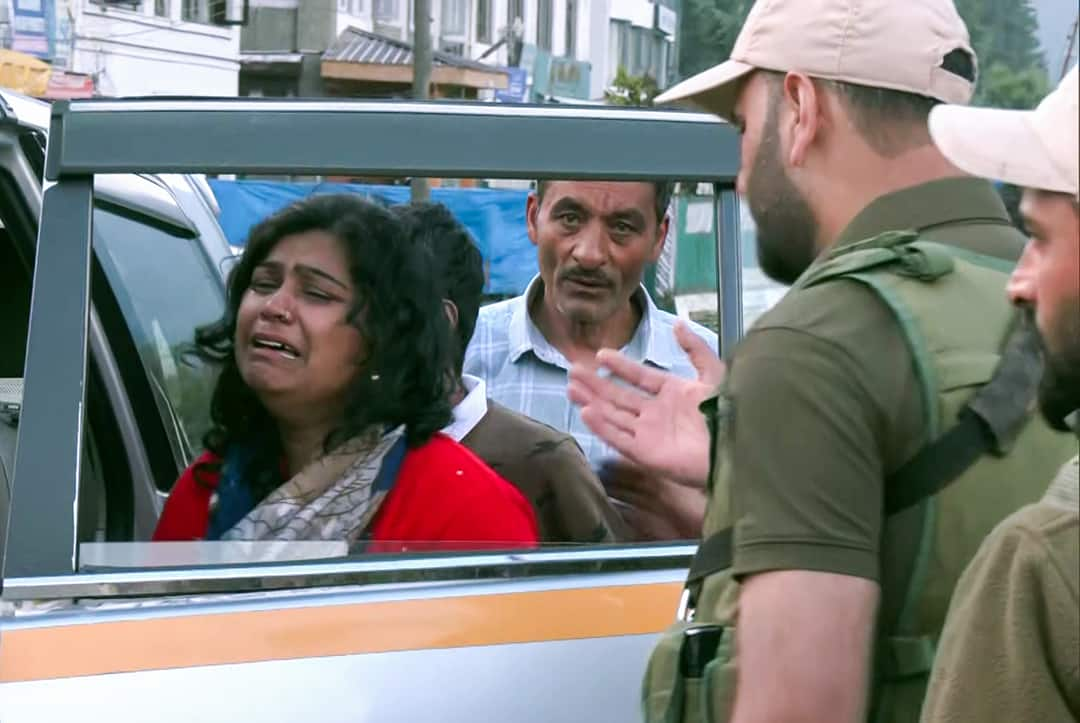
The Indian government's condemnation and promises of strong countermeasures, including Home Minister Amit Shah's impending visit to Srinagar, signal the gravity of the situation. Counterterrorism cooperation undoubtedly featured prominently in Vice President Vance's discussions with Indian leaders. However, words must translate into tangible action on the ground. Enhanced security infrastructure in tourist hotspots like Pahalgam is paramount, necessitating regular patrols, sophisticated surveillance systems, and rapid response teams capable of immediate intervention. A visible and reliable security presence is crucial not only for ensuring the safety of tourists and locals but also for restoring confidence in the region's stability.
Tourism is not merely an economic activity in Kashmir; it is the very soul of the region. Every booking, every guided tour, every souvenir purchased weaves a thread into the fabric of a brighter future for Kashmiri families. The terrorists' attack was a direct assault on this future, an attempt to sow fear and deter visitors. Yet, the indomitable spirit of India cannot be broken by such acts of violence. Tourists must continue to visit, and the government must redouble its efforts to safeguard them.
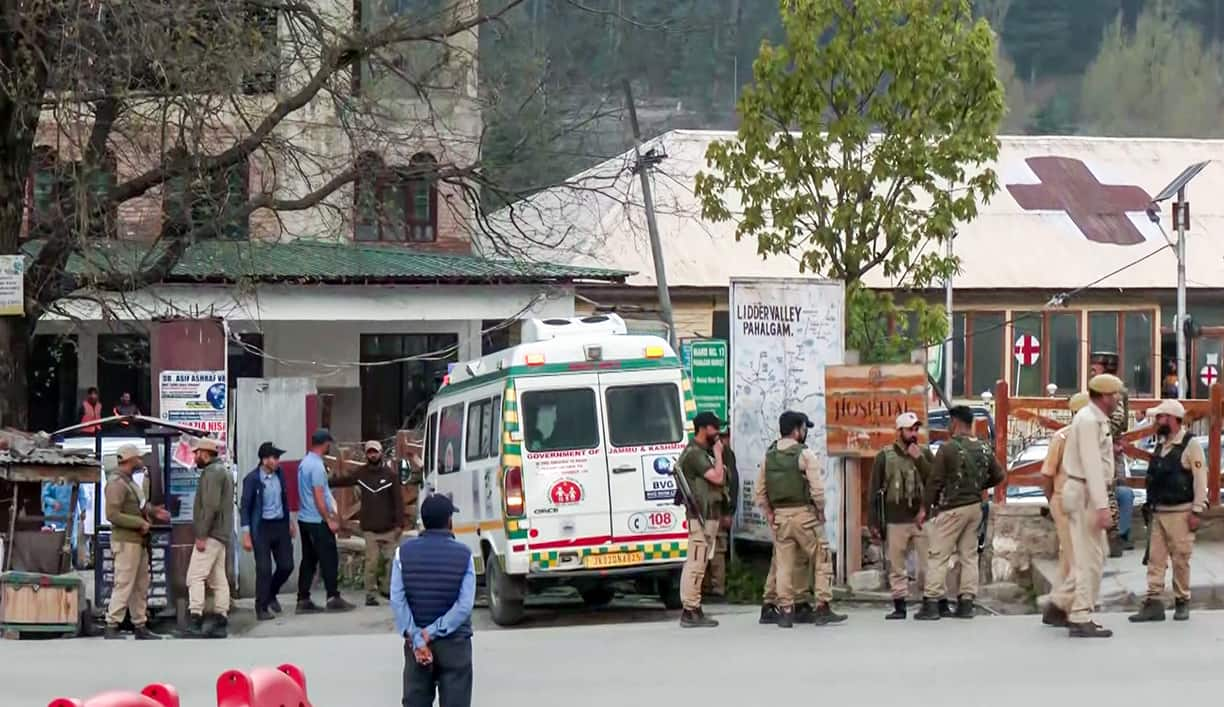
Leaders across the political spectrum, including Sajad Lone and Omar Abdullah, have unequivocally denounced the attack, echoing the outrage felt by the Kashmiri people themselves. Kashmiris understand that such brutality is alien to their traditions of warmth, hospitality, and harmony.
India's response must be multifaceted, encompassing not only a robust internal security strategy but also concerted efforts with international partners to hold Pakistan accountable for its continued support of terrorism. Mounting global pressure is essential to dismantle these terror networks and compel Pakistan to cease using them as instruments of its foreign policy.
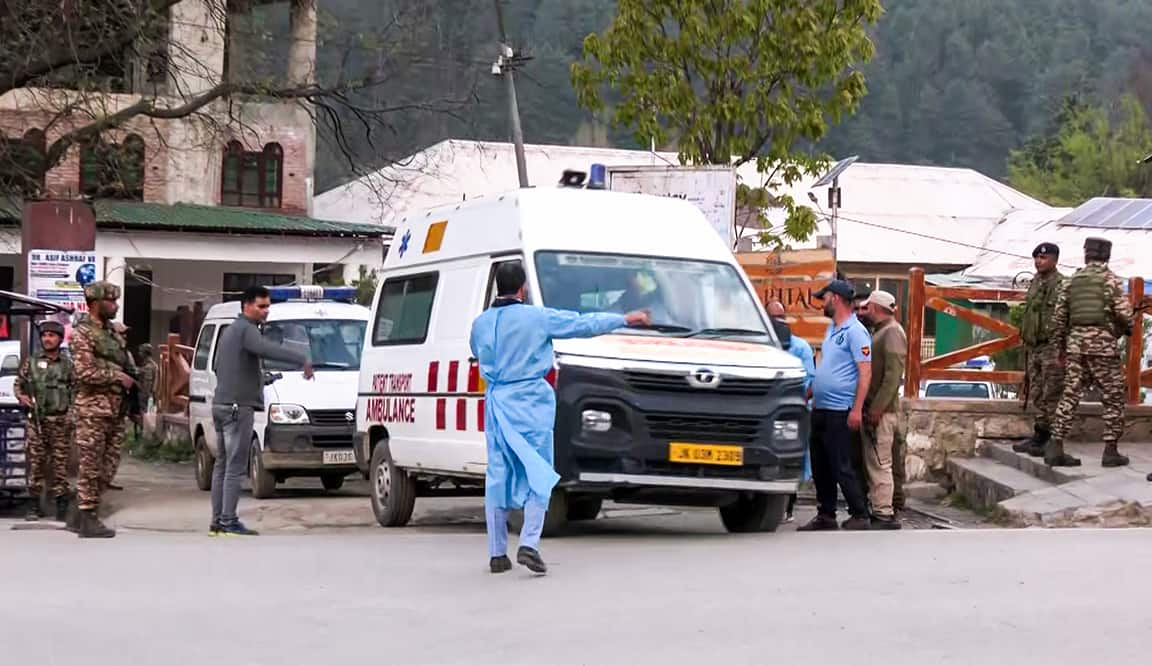
Domestically, investing in education that champions peace, unity, and critical thinking is vital to inoculate future generations against the poison of hate and violence. Our children must grow up with the unwavering understanding that Kashmir is an integral part of India, a land that belongs to every Indian, irrespective of their faith or background.
Though the meadows of Baisaran are stained with the blood of innocents today, they will undoubtedly blossom again. The terrorists may have struck at the heart of Kashmir, but they cannot extinguish the resilient spirit of India. Our response must not be one of fear, but of unwavering unity, profound resilience, and an unyielding commitment to peace. Only then can we ensure that such horrific acts are relegated to the darkest corners of history, never to be repeated.
(The author Girish Linganna of this article is an award-winning Science Writer and a Defence, Aerospace & Political Analyst based in Bengaluru. He is also Director of ADD Engineering Components, India, Pvt. Ltd, a subsidiary of ADD Engineering GmbH, Germany. You can reach him, at: girishlinganna@gmail.com )
You may also like

Emission intensity reduction targets set for carbon-intensive industries, penalties for non-compliance

The Traitors star gives birth to second child and shares first photos from hospital bed

'Entire country stands united against terror': Sonia Gandhi on Pahalgam attack

Gujarat CM Bhupendra Patel adopts proactive approach to providing ease of transportation for citizens of state

Russian President Vladimir Putin Condemns Pahalgam Terrorist Attack, Offers Support To India
